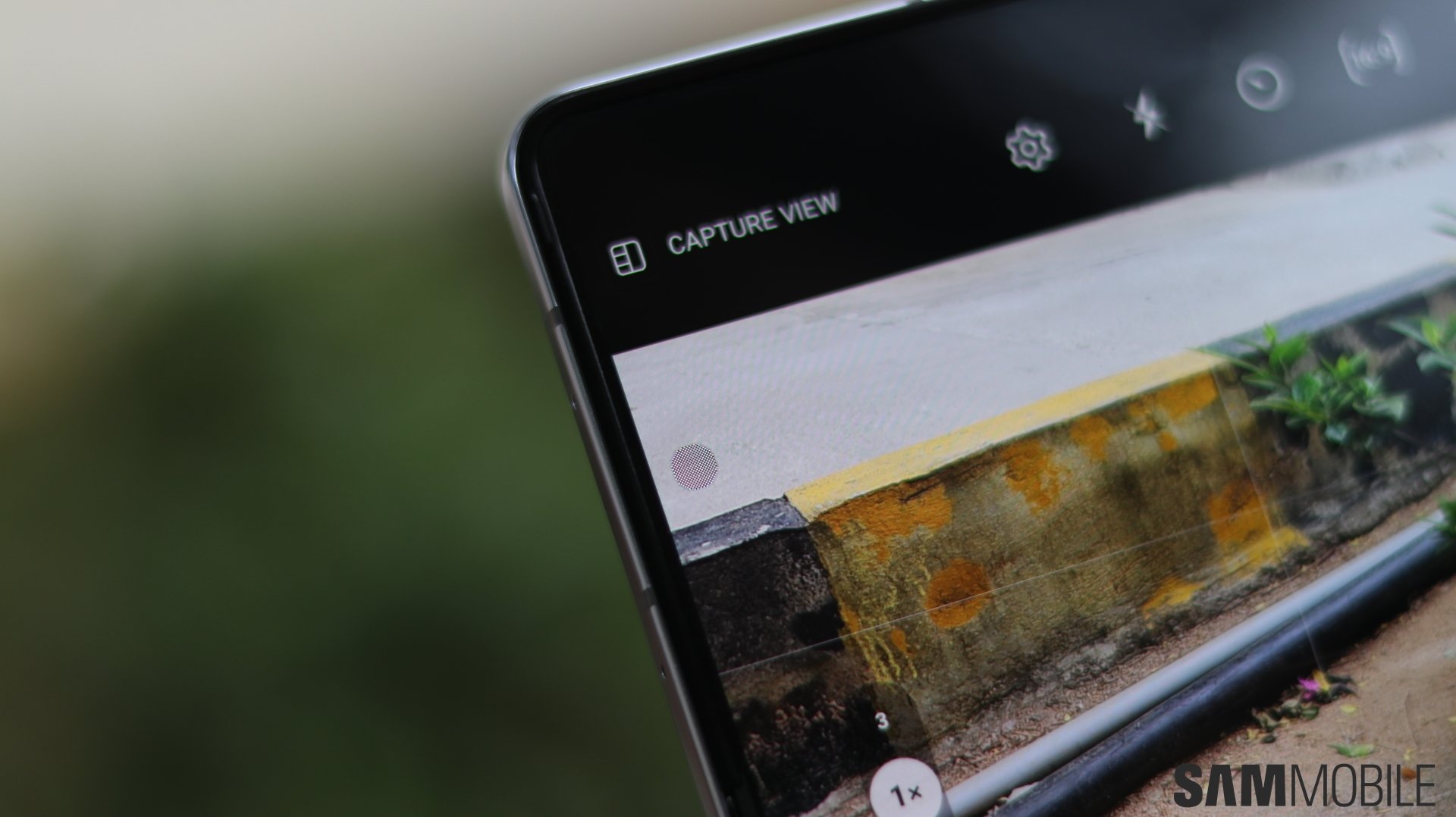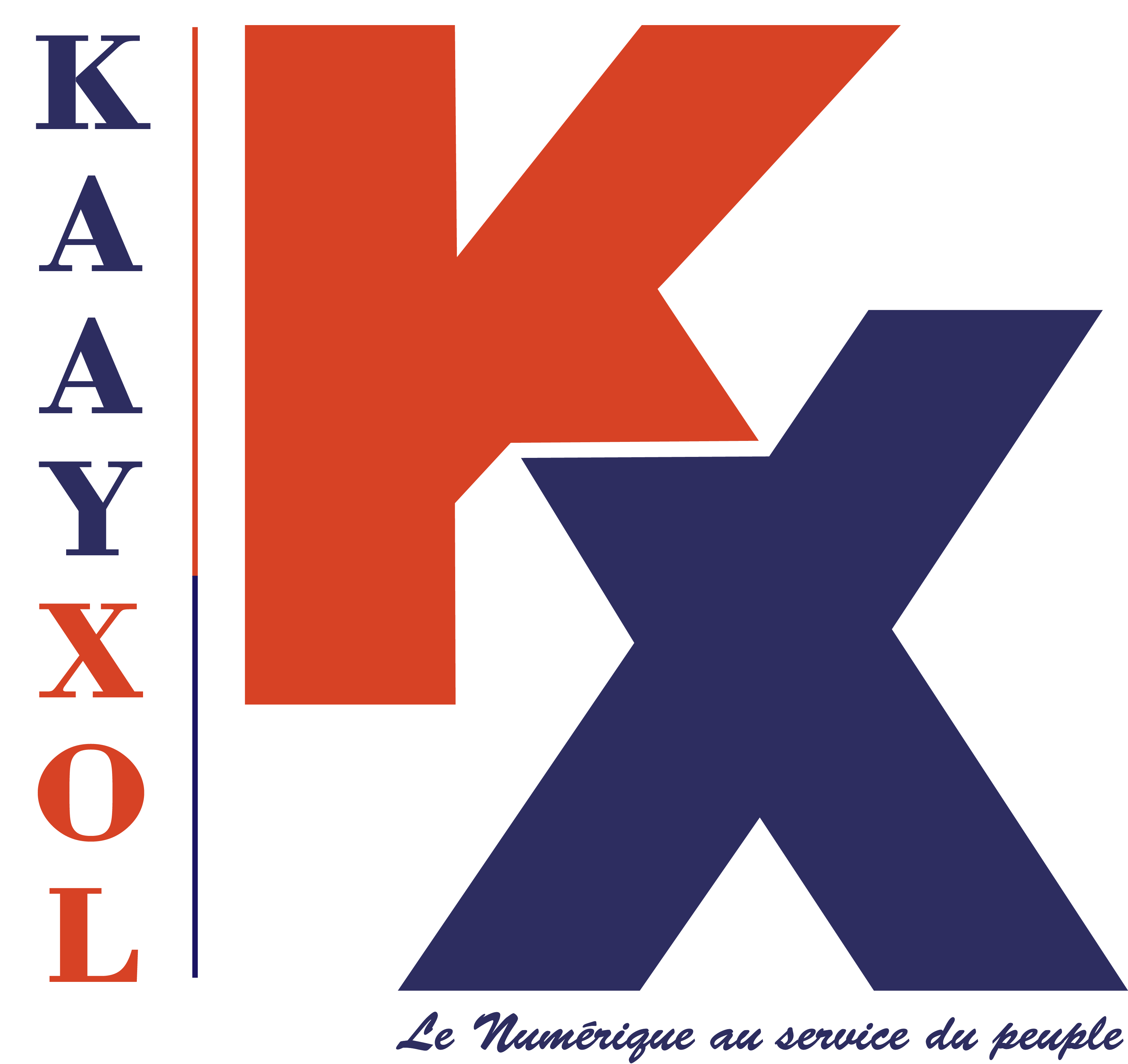Notifications
Posted by - Support KAAYXOL -
on - 9 hours ago -
Filed in - Technology -
-
11 Views - 0 Comments - 0 Likes - 0 Reviews

While some rumors suggest that Apple may borrow Samsung's UDC (Under Display Camera) technology for Face ID in future rigid iPhone models, a new report paints a very different picture about Apple's alleged foldable iPhone.
According to information based on engineering test equipment (via yeux1122), the latest foldable iPhone prototype not only uses UDC technology for regular photos instead of using UDC for Face ID but also brings back a biometric authentication technology that Apple's iPhones abandoned a long time ago.
Apple hasn't used the fingerprint-based Touch ID feature in its phones since the iPhone SE (2022), and before that, the last mainstream iPhone to use Touch ID was the iPhone 8 (2017).
Touch ID is used widely on devices like iPads, MacBooks, and Apple keyboards. For iPhones, the technology took a back seat to Face ID years ago.
Interestingly, the new data suggests that Apple's latest foldable iPhone prototype lacks Face ID, even though it has an Under Display Camera like the Samsung Galaxy Z Fold. The UDC sensor is seemingly used for FaceTime, photos, and videos.
As for authentication, the foldable iPhone prototype seemingly goes back to the iPhone's roots and adopts a side-mounted Touch ID sensor, much like Samsung's Galaxy Z Flip and Fold foldable phones.
Furthermore, the rumor says that the UDC sensor is placed behind the inner, foldable screen. Once again, an approach very similar to the Samsung Galaxy Z Fold series. In addition, the foldable iPhone prototype has an outer screen with a punch-hole camera.
It sounds like Apple's latest prototype foldable iPhone borrows many ideas and design principles from Samsung's foldable Galaxy devices, but whether or not the final product will reflect these specifications remains to be determined.
Most other rumors say that Apple intends to release its first foldable iPhone in late 2026 or early 2027. However, nothing is certain.
Samsung gaining a true competitor in the foldable phone segment would surely be fascinating and could force the Korean company to think even more outside the box and accelerate its Z Fold and Z Flip series faster than ever before.
The post Foldable iPhone could use UDC like Galaxy Z Fold and Touch ID appeared first on SamMobile.

